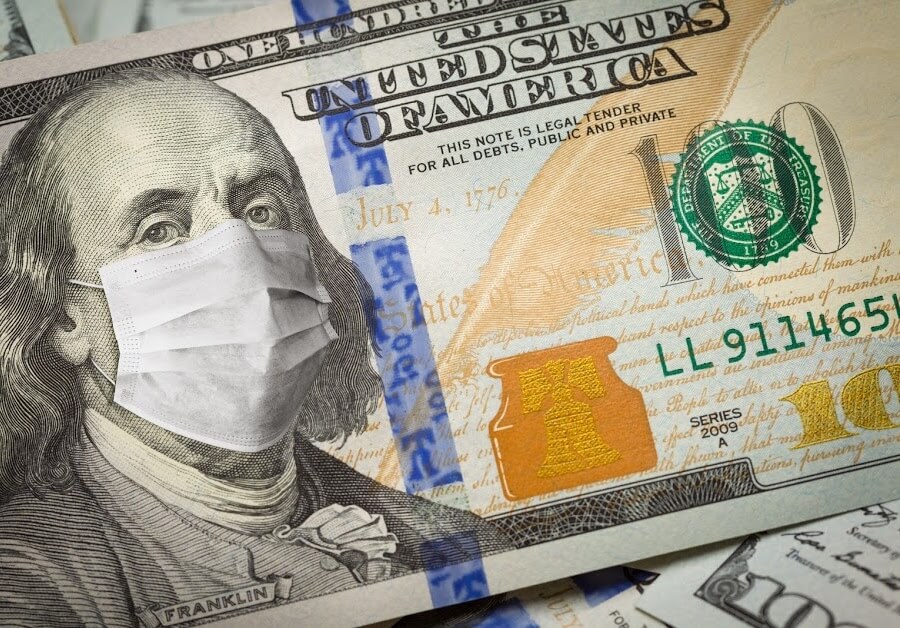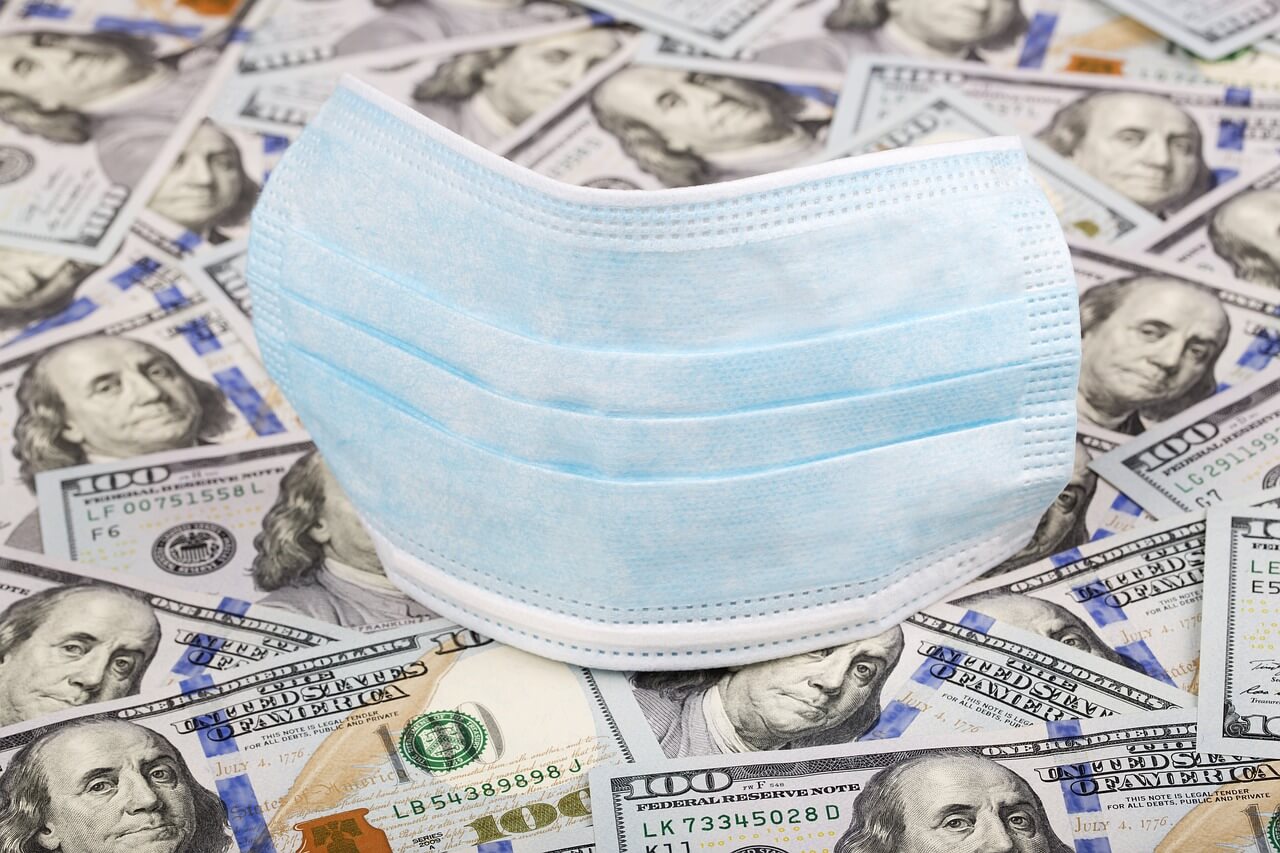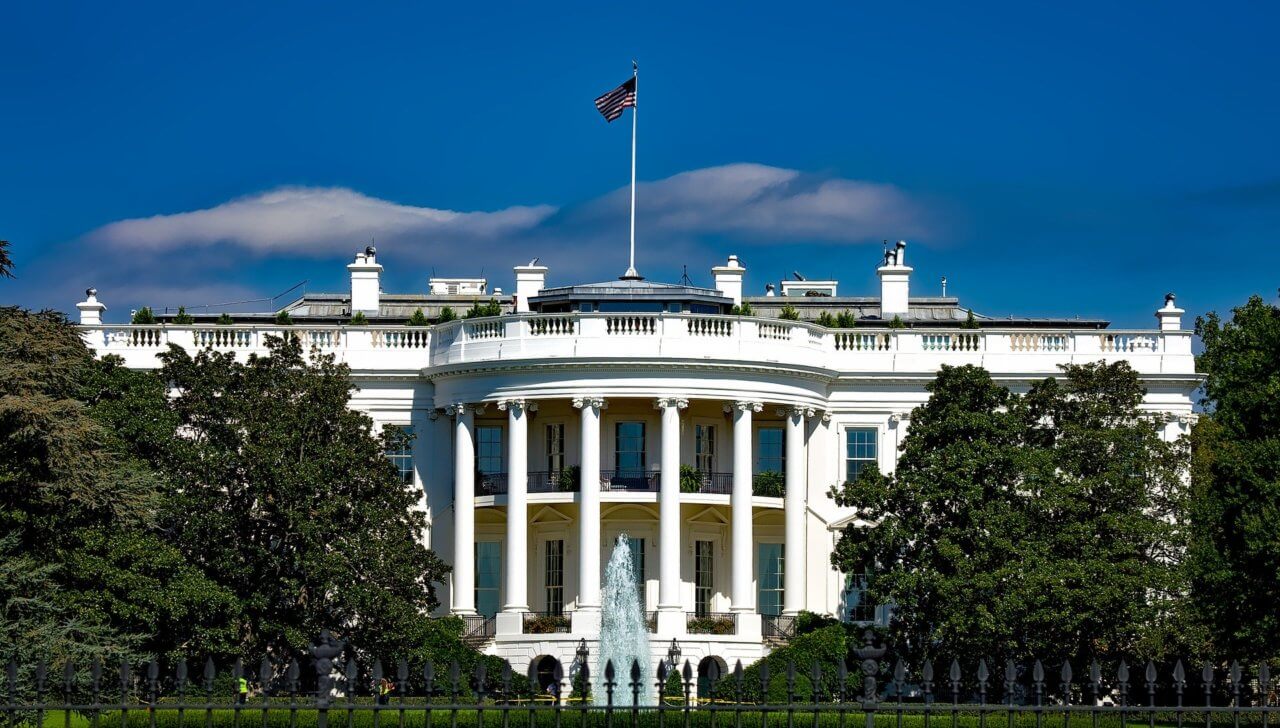The American Rescue Plan Act (ARPA) of 2021 passed Congress and President Biden signed the bill into law on March 12, 2021. The ARPA approves $1.9 trillion in spending for individuals, businesses, governments, and certain industries impacted by the COVID-19 pandemic. The third Act in a year, the ARPA approves additional economic impact payments for individuals; the extension of federal unemployment benefits; additional funds for Paycheck Protection Program (PPP) Loans, and Economic Injury Disaster Loans (EIDL) for hard-hit small businesses; and grants for food and beverage establishments. Here are the key individual and business provisions in the bill.
COVID-19 Archives - Page 2 of 5 - GG Advisors LLC
The IRS has released additional guidance in Notice 2021-20 on the Employee Retention Tax Credit (ERC) with clarifications on the retroactive changes for expanded eligibility applicable to 2020. Employers who received a Paycheck Protection Program (PPP) loan have been waiting on guidance on claiming the credit in combination with forgiveness of their loan. The provisions outlined here apply to retroactive claims for 2020 as well as providing a plan for those yet to seek forgiveness.
Form 1040, Schedule C taxpayers received an updated interim final rule (IFR) on the Paycheck Protection Program (PPP) from the Small Business Association (SBA). The IFR clarifies guidance released on Feb. 22 that made changes to how self-employed and sole proprietors could calculate their maximum loan amount to help expand the program for these groups. Approximately 2.6 million sole proprietors have applied for PPP loans, and it is estimated there are about 25 million sole proprietors across the country.
The nation’s smallest businesses are getting revamped Paycheck Protection Program (PPP) rules and a special filing period announced in recent changes from the Biden-Harris administration. Small businesses with fewer than 20 employees make up 98% of the small businesses in the U.S. but have not received much assistance from the PPP so far and have accounted for a significant portion of business closures during the pandemic. These new rules seek to remedy that. Here’s what you should know.
The employee retention tax credit (ERTC) is intended to provide liquidity to employers during the pandemic and was greatly expanded in the Consolidated Appropriations Act of 2021 thanks to Sections 206 and 207 of the Taxpayer Certainty and Disaster Relief Act portion. It opens the doors to more businesses facing significant financial hardship to qualify for and receive this credit.
The U.S. Small Business Administration (SBA) and Treasury has announced that lenders with $1 billion or less in assets will be able to open applications for the next round of Paycheck Protection Program (PPP) funding starting Friday, Jan. 15 at 9 a.m. ET. Both first and second-draw loans will be able to apply at that time. For large lenders, the application opens on Tuesday, Jan. 19 for first and second-draw loans.
Two new interim final rules for the Paycheck Protection Program (PPP) have been released from the Small Business Administration (SBA) and Treasury in response to the changes and second round of funding enacted by the relief portion of the Consolidated Appropriations Act signed at the end of December.
The U.S. House of Representatives and U.S. Senate passed, and the President has signed, the Coronavirus Response & Relief Supplemental Appropriations Act. The agreement comes after weeks of negotiations and two funding extensions to keep Congress open until a bill was passed with a $1.4 trillion government-wide funding plan. The $900 billion coronavirus relief portion includes another round of Paycheck Protection Program (PPP) funding, extended unemployment benefits, and direct payments to taxpayers. Here’s an overview of the key provisions in the bill.
The pandemic created by the novel coronavirus has drastically changed the way we live and work. As more businesses are forced to send their employees home, work-from-home life has become a mainstay especially in knowledge-based jobs (jobs that do not require physical labor), and many of these industries are not going back to the workplace anytime soon. This can create wrinkles for both employers and employees when it comes to their tax situations.
On Nov. 18, the IRS and Treasury issued Revenue Ruling 2020-27 which provides long-awaited guidance on the tax treatment of expenses related to Paycheck Protection Program (PPP) loans. The guidance states that the expenses listed in section 1106(b) of the CARES Act that would otherwise be deductible will not be allowed in the taxable year that the expenses were paid or incurred and covered under a PPP loan that is forgiven or expected to be forgiven.









